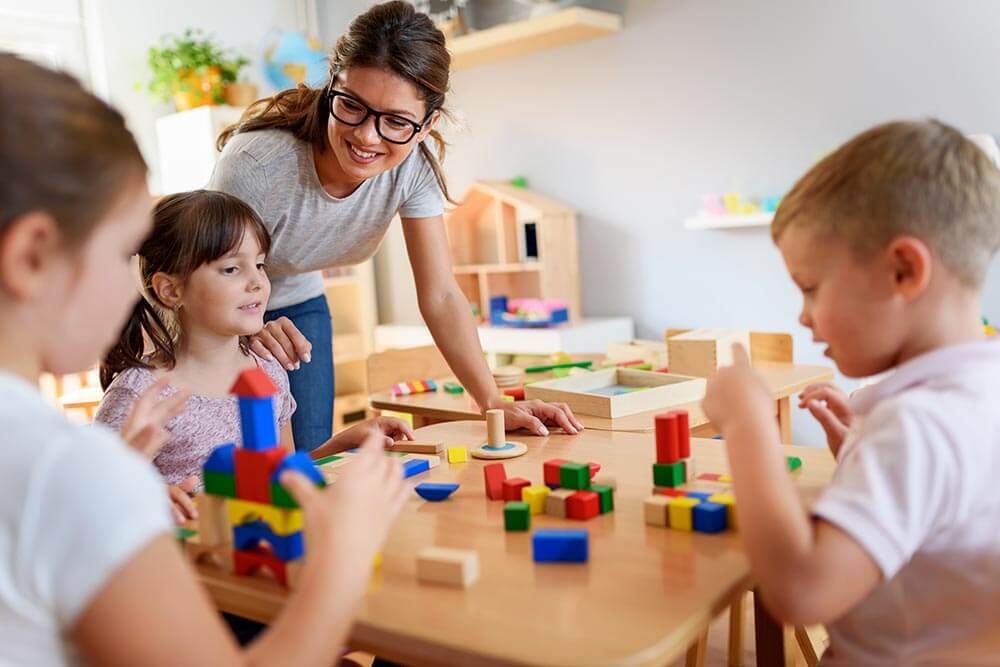Accidents are bound to happen as children develop their motor and decision-making skills. Fortunately, these accidents are often simple scrapes or bruises that can be remedied with an icepack or a special bandage with their favorite cartoon character, but this isn’t always the case. Part of that vital preparedness means knowing how to handle life-or-death situations, and that’s where CPR training for childcare workers comes in.
Accidents and unintentional injuries are one of the leading causes of death among children. Chief among those risks is choking on small snacks, hard candies, or small toys. Children love to explore the world with their mouths, and with their motor skills still developing, they choke on small objects more frequently than one would think. If you cannot dislodge the object with your fingers, CPR chest compressions can help remove the blockage. Even if you know how to conduct adult CPR, infant and child CPR differ significantly. Childcare professionals look after a lot of kids, and you can’t have eyes on every child every second. Having the right tools to save lives can put you and parents at ease.


